The OEM (Original Equipment Manufacturer) manufacturing process is always beneficial in making exceptional quality personalized cosmetics for personal care brands. This insight into the world of OEM Manufacturing can support businesses in decision-making and securing a competitive position. This guide will cover everything you need to know about the OEM Manufacturing process for personal care tools, including different stages in business considerations and benefits.
Original Equipment Manufacturing is where a manufacturer produces products as specified by another company. An OEM parts manufacturer creates and sells products that are ultimately purchased by another company, which then labels it and resells it. A strategy of this nature frees the companies to concentrate on marketing and sales, using an OEM part manufacturer who is highly experienced in manufacturing.
Some of the key advantages available include:
Every OEM Manufacturing process starts with the concept and design phase. This begins with the brand working with the OEM part manufacturer to compile a comprehensive product definition.
After finalizing the design, it is time to look for materials. This function involves identifying and procuring suitable materials from high-quality suppliers to manufacture OEM parts.
OEM Manufacturing is a term most commonly used for production or assembly phases. It includes converting raw materials to end products.
OEM Manufacturing has many elements, including Quality control. An OEM part manufacturer must agree upon a series of tests and inspections to approve that the items meet specifications.
The products then pass the necessary quality control and are packed according to the brand’s regulations. This ensures the products are well protected during transportation and is responsible for branding packaging guidelines.
This is the last leg of OEM Manufacturing. The OEM manufacturer will ship finished products directly to a brand distribution center or retailer.
Consider their experience developing personal care appliances for decades and then select an OEM element manufacturer. Look for Vendors with Proven History This go a long way into ensuring quality production and can offer more insight on whether the company you are appropriating really has industry related certifications.
Just the reputation of a brand can help justify for high quality production. It is important to pick an OEM part manufacturer that has strict quality control measures.
OEM part manufacturers should be able to tailor their services to the requirements of any brand.
At the end of it all, brand reputation is essential in maintaining the standard of high-quality products. Selecting an OEM part manufacturer with stringent quality control processes is necessary.
OEM part manufacturers should be able to tailor their services to the requirements of any brand.
Communication is vital when working with an OEM part manufacturer. Ensure they are responsive and willing to roll their sleeves with your team.
Cost shouldn’t be the only factor determining who you choose as an OEM part manufacturer. You will also want to ensure they offer competitive product prices and flexible payment terms.
You must be ahead of new technology in the rapidly changing personal care space. An OEM part manufacturer with advanced technology allows you to develop new, groundbreaking solutions that set your products apart from the competition more quickly.
Personal care tools are a demanding space with unique requirements for OEM Manufacturing that cut across many key phases, such as moving from concept and design to production or distribution. With a carefully selected manufacturer of OEM parts to help in this process and the precise steps laid out above, the brand representatives from these manufacturers will be able to deliver high-quality customized products that meet market needs.
Pritech provides comprehensive OEM manufacturing services for personal care appliances and other professional OEM Part Manufacturers based on the needs of enterprises. Combining its well-established history, state-of-the-art technology expertise, and pro-ecosystem initiative, Pritech will guarantee that you always remain on top without any additional push to hit your production targets.

